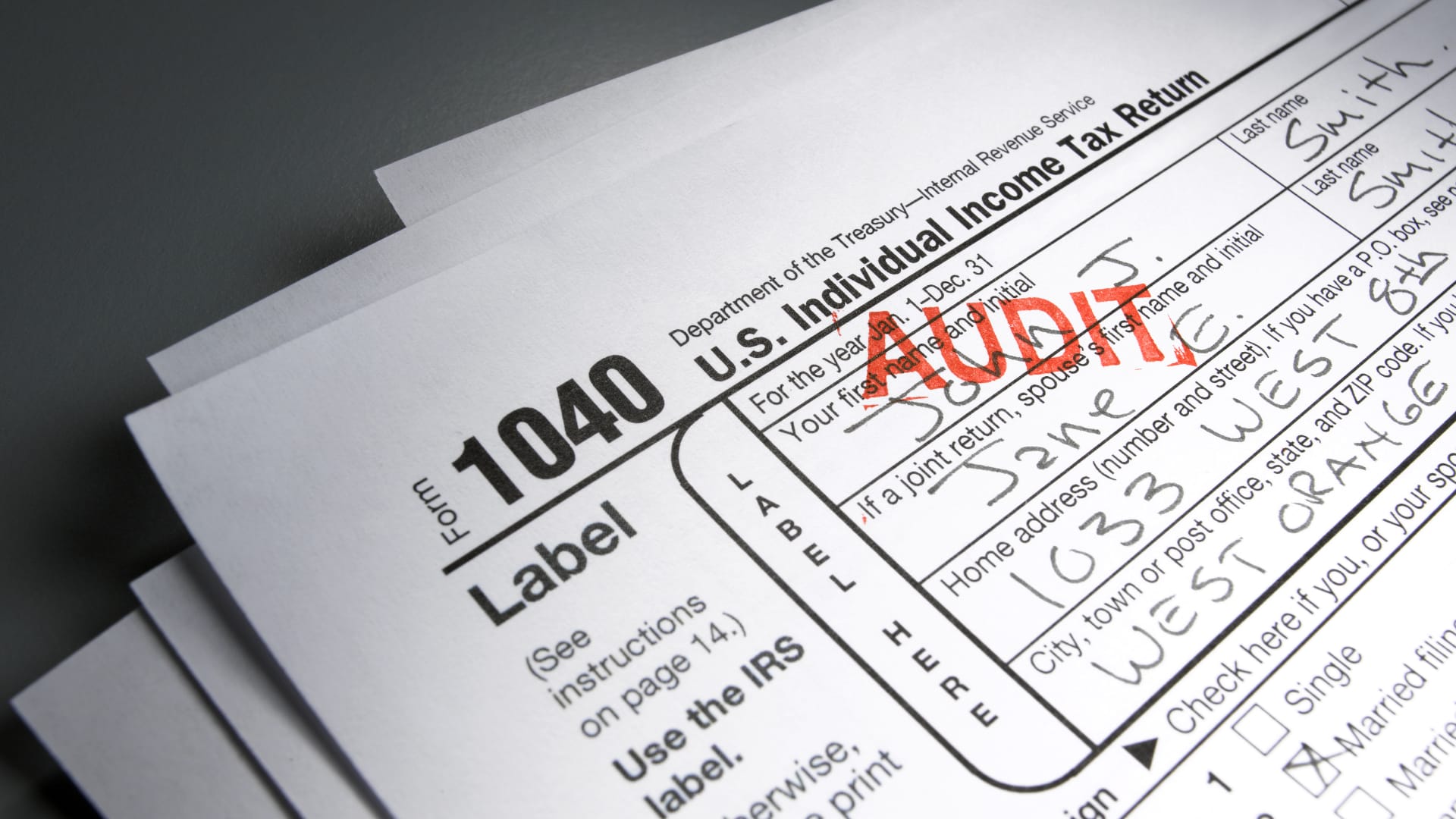The IRS is launching plans with boosted technology and artificial intelligence to collect unpaid taxes from higher earners, partnerships and large corporations, which could transform tax compliance or spark challenges for the agency, experts say.
After past criticisms of low audit rates among the wealthy, the IRS on Friday renewed plans to focus on higher-end enforcement, including expanded use of AI to examine large partnerships, such as hedge funds, real estate investors, law firms and more.
The agency also re-shared its promise not to increase audits for Americans making less than $400,000 a year, along with safeguards for low to moderate earners who claim the earned income tax credit and have seen elevated audit rates.
“Right now, you file a tax return and you play the audit lottery,” said Robert Kovacev, tax controversy partner at law firm Miller & Chevalier. “But with AI, the data is constantly being interrogated by the algorithm.”
Once fully implemented, the newly enhanced technology is more likely to catch previously missed higher-end tax issues, he said.
They can expect increased scrutiny from the IRS over the next few years.Robert KovacevTax controversy partner at Miller & Chevalier
“They can expect increased scrutiny from the IRS over the next few years,” said Kovacev. The change won’t be immediate, but within three to five years, “there will be a noticeable increase in audits of large partnerships, large businesses and high-net-worth families,” he said.
‘More important than ever’ to keep tax records
Even if you’re not subject to increased IRS scrutiny, Kovacev said it’s “more important than ever” to stay organized with tax records, including receipts to support positions from past tax returns.
“Any taxpayer should be keeping their tax returns for at least seven years,” he said, noting that it can be difficult to “reinvent the wheel” for an audit when you haven’t kept a paper trail.
Typically, there’s a three-year statute of limitations for an IRS audit, with extensions in some cases, but there’s no time limit when the agency pursues fraud or nonfilers.
There’s IRS pressure to ‘show results’
While the technology may aid compliance efforts, the plan also presents risks for the agency, according to Mark Everson, a former IRS commissioner and current vice chairman at Alliantgroup.
“There’s obviously pressure on the administration to show results,” especially with the 2024 presidential election approaching amid continued scrutiny of the IRS funding.
“They’re going to press for getting those points on the board,” Everson said. “But at the same time, they can’t afford a big mistake here.”
Despite more funding, enforcement staffing remains a challenge for the agency, which is a key piece of compliance. “The higher-end will fight back if they feel that things are being done improperly,” he said.
